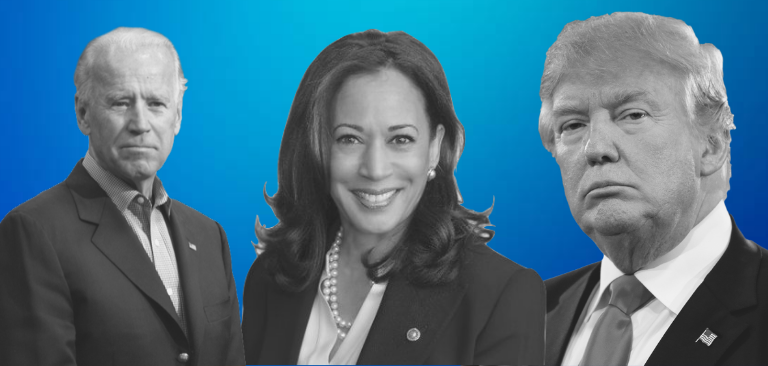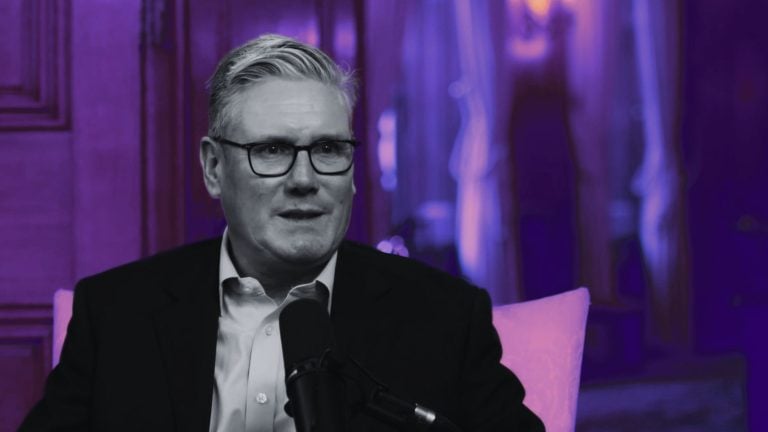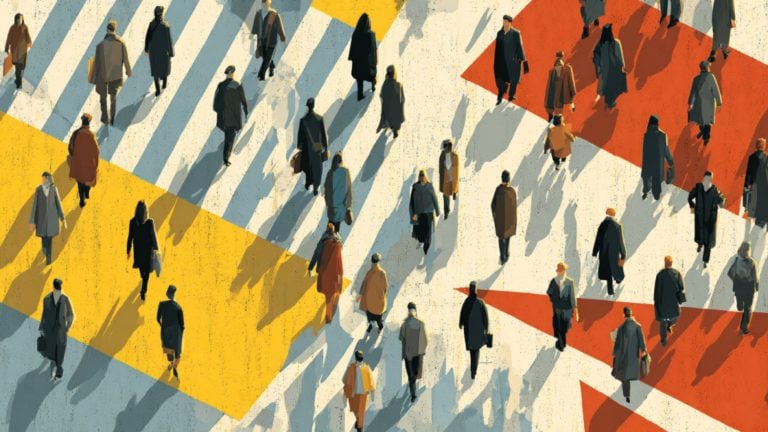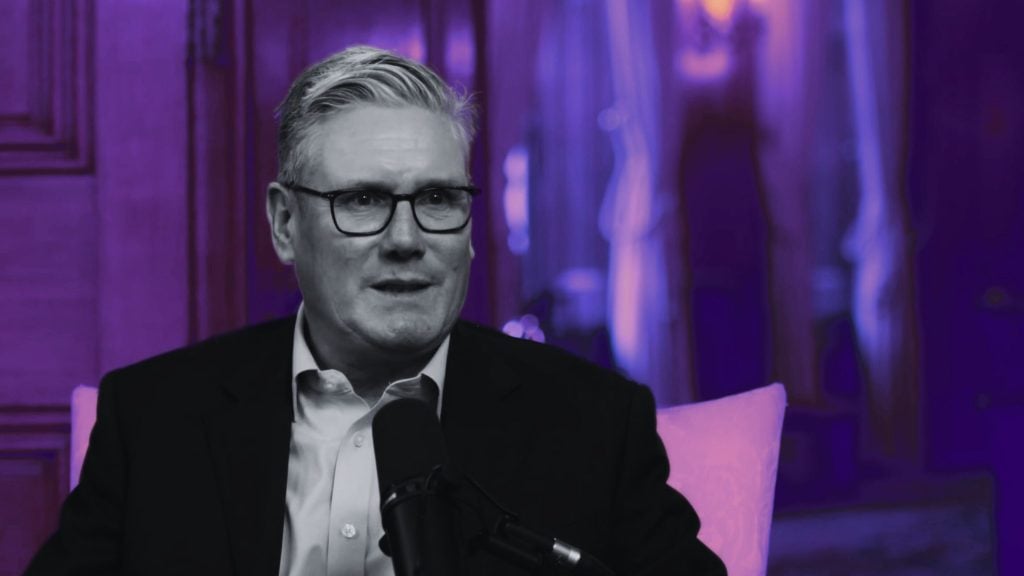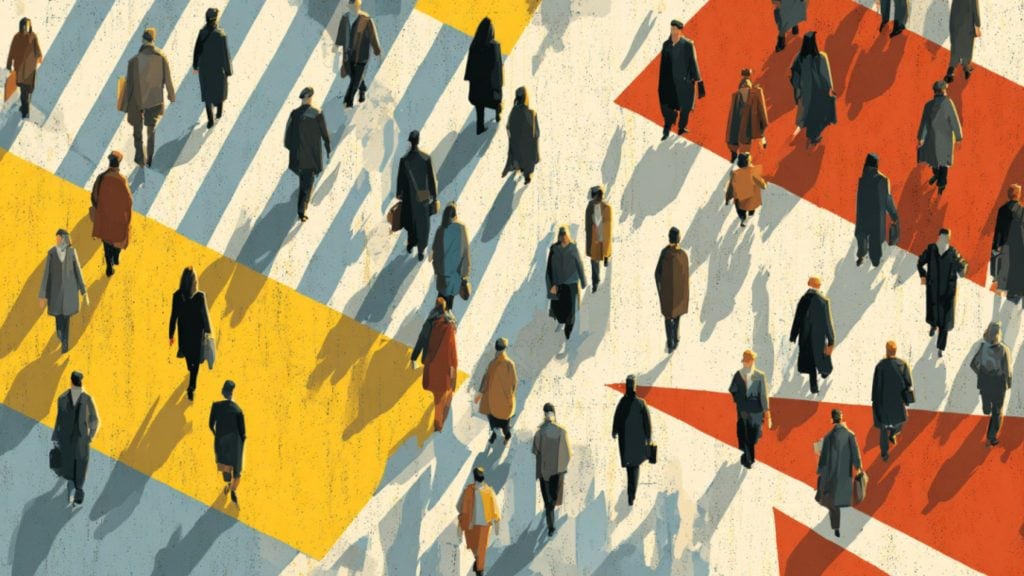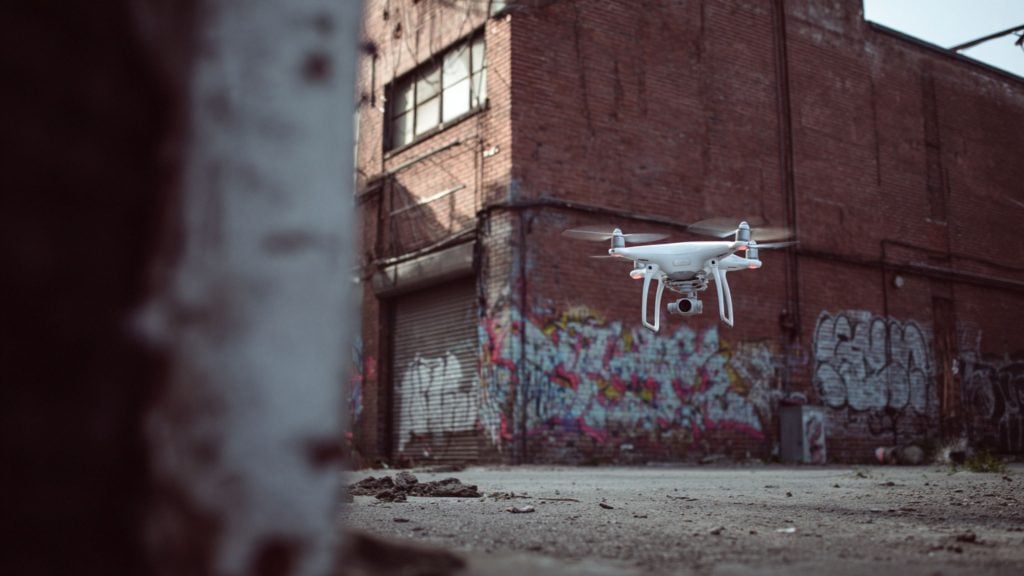Facebook isn’t known for its consistency when it comes to content moderation – wanting to be the arbiter of truth when it comes to the news but less interested in direct death threats to public officials.
Facebook’s policies on harassment and bullying differentiate between public figures and private individuals. Documents leaked to The Guardian reveal that users can target public figures without getting banned, including “calls for death.”
The documents obtained by The Guardian show how the company has different rules for public figures and private individuals.
“For public figures, we remove attacks that are severe as well as certain attacks where the public figure is directly tagged in the post or comment. For private individuals, our protection goes further: we remove content that’s meant to degrade or shame, including, for example, claims about someone’s sexual activity,” the policies state.
So, a user cannot target a private individual with “calls for death,” but can do the same to a public figure as long as they do not tag them in the post. The company’s definition of public is wide, covering politicians, those running for office, and journalists who “write/speak publicly.”
Online fame also qualifies a user as a public figure, if they have 100,000 followers or fans on one of their accounts. Appearing in the news also makes a user a public figure. “People who are mentioned in the title, subtitle or preview of 5 or more news articles or media pieces within the last 2 years” are considered public figures. The only exception to that rule are kids under the age of 13.
However, the company protects “involuntary” public figures, those famous people “who are not true celebrities, and who have not engaged with their fame, UNLESS they have been accused of criminal activity.” But, having a social media presence disqualifies someone from the protections of “involuntary” public figures.
Facebook allows public users to be the victims of some types of abuse since it wants “to allow discussion, which often includes critical commentary of people who are featured in the news.”
It does protect public figures from certain attacks, such as threats to release personal information, direct threats of violence, and derogatory sexualized phrases.
“We think it’s important to allow critical discussion of politicians and other people in the public eye. But that doesn’t mean we allow people to abuse or harass them on our apps. We remove hate speech and threats of serious harm no matter who the target is, and we’re exploring more ways to protect public figures from harassment. We regularly consult with safety experts, human rights defenders, journalists and activists to get feedback on our policies and make sure they’re in the right place,” a Facebook spokesperson told The Guardian.
On why the leaked guidelines are not publicly available, the company said: “By publishing our community standards, the notes from the regular meetings we have with global teams to discuss and update them, and our quarterly reports on how we’re doing to enforce our policies, we provide more transparency than any technology company. We also intend to make even more of these documents public over time.”

